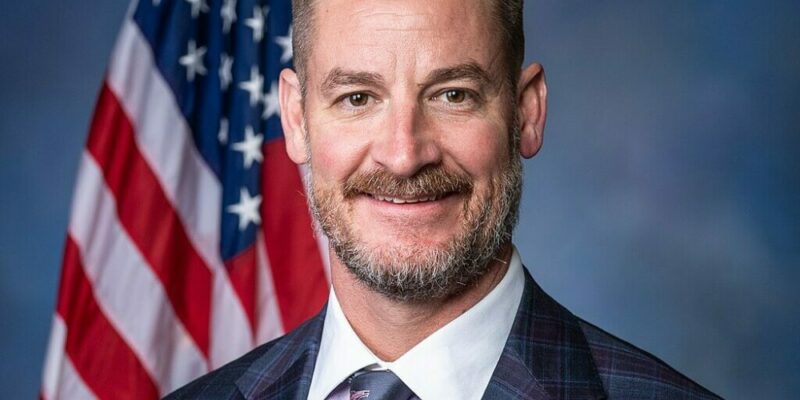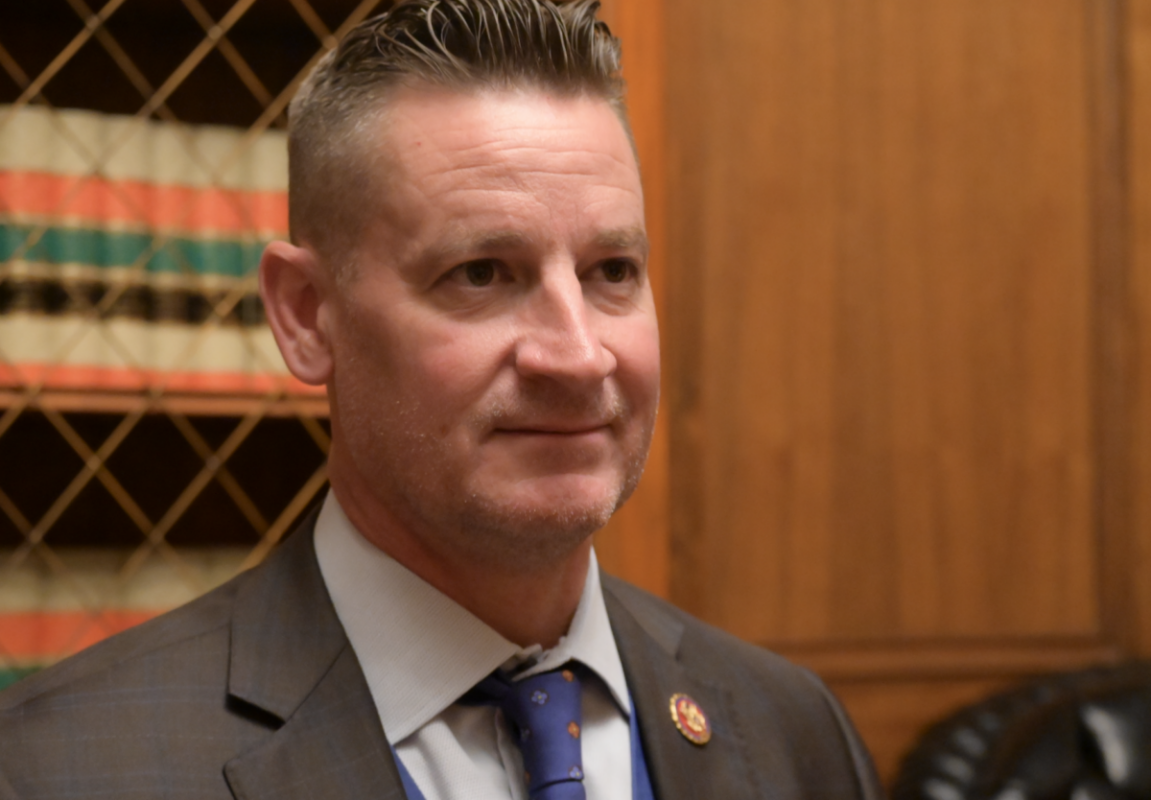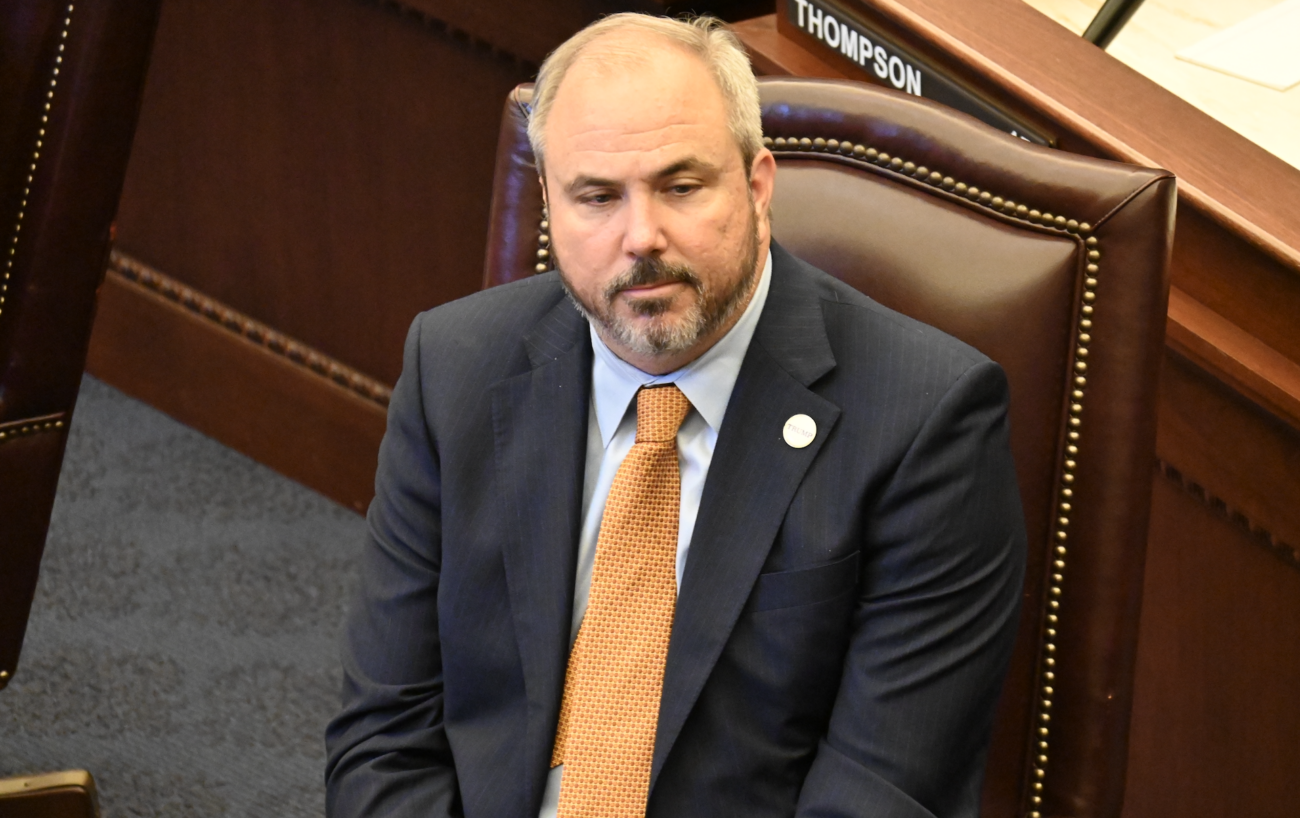Representative Greg Steube (R-FL) has introduced legislation allowing state and local law enforcement to counter hostile drones flying in and around stadiums and other large-scale events.
As Rep. Steube's press release explained, only federal authorities currently have the right and means to intercept and disable hostile drones and unmanned aircraft. However, state and local law enforcement have a greater presence at large-scale events held in stadiums and other areas, creating a gap in security response.
Thus, the Disabling Enemy Flight Entry and Neutralizing Suspect Equipment (DEFENSE) Act plugs that gap by authorizing the Departments of Defense and Justice to extend temporary authority to properly trained and supervised officers to use approved counter-unmanned aircraft system (UAS) technology.
"Whether it's a packed stadium or a large outdoor gathering, our communities deserve to enjoy these moments without fear of surveillance or disruption from above," Rep. Steube said in his press release, adding, "The DEFENSE Act gives law enforcement the tools they need to protect Americans attending high-profile events from dangerous and unauthorized drones."
Representative Cory Mills (R-FL), one of the bill's main cosponsors in the House of Representatives, added, "With the growing number of drones in use, it is paramount that our state and local law enforcement agencies are able to be granted the proper authority to protect citizens at large events and gatherings."
"Events like NASCAR races, rallies, or other large public events should be safe, and this bill provides the ability for local law enforcement agencies to protect their citizens," Rep. Mills continued.
Drone usage by hostile actors has become a growing concern, as Arizona recently passed a state-level bill into law authorizing its law enforcement to intercept drones near the border suspected of being flown by the Mexican drug cartels.
In March, Representative Juan Ciscomani (R-AZ) similarly called for national action against the cartels' drones, saying, "During our time at the border, we heard firsthand from commanders and supervisors on the ground regarding their concern to be able to conduct c-UAS operations should the cartels attempt a drone attack on U.S. service members or federal law enforcement."






